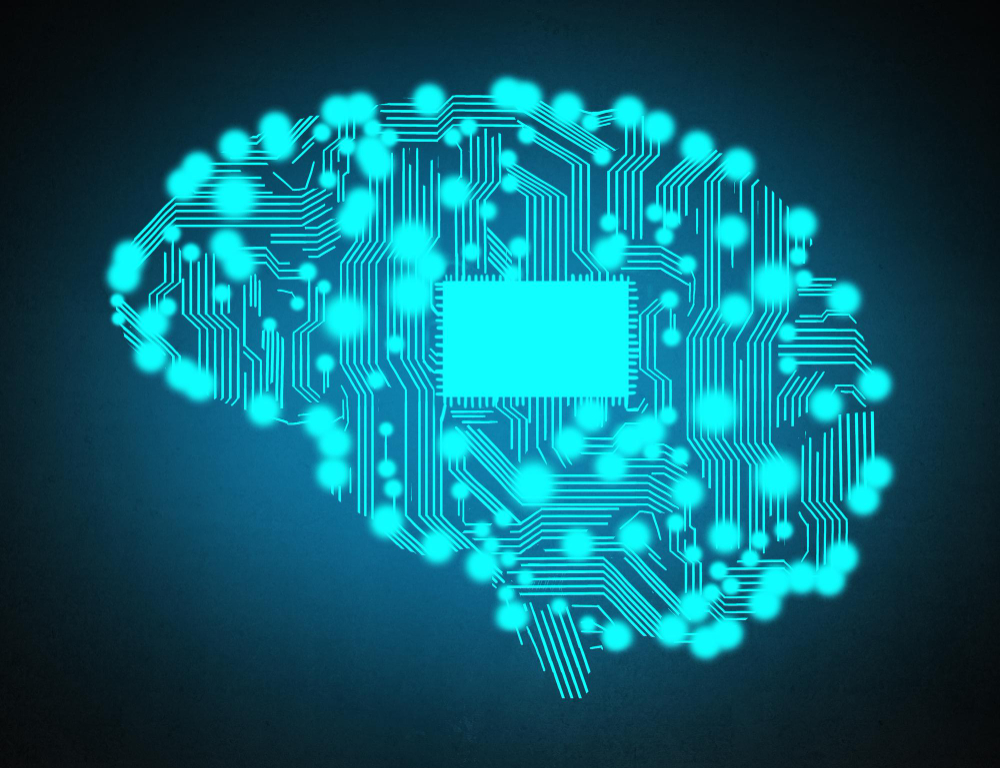Written by : Jayati Dubey
February 21, 2024

Elon Musk envisions connecting human brains to computers as a way to expand cognitive capabilities and overcome limitations.
In a recent X Spaces event, Elon Musk, founder of Neuralink, revealed that the company's first human patient with a brain-chip implant has achieved remarkable progress.
The patient, who received the implant last month, can now move a computer mouse cursor using their thoughts alone. Musk expressed satisfaction with the patient's full recovery and shared insights into Neuralink's ongoing efforts to enhance the capabilities of the brain-chip interface.
Elon Musk highlighted the developments in the neural effects observed in the first human patient of Neuralink. According to Musk, the patient has successfully regained the ability to control a computer mouse cursor solely through thoughts. This breakthrough underscores the potential of Neuralink's brain-chip technology in restoring cognitive functions.
Neuralink is a neurotechnology company founded by Elon Musk, focused on developing brain-chip implants that act as a bridge between human thoughts and the digital world.
The small computer chip, known as Telepathy, is implanted in the human brain, allowing individuals to control electronic devices, such as phones or computers, through their thoughts.
The initial target audience for Neuralink's brain-chip implants includes individuals who have lost the use of their limbs. The technology aims to provide a means for these users to interact with digital devices and complete tasks using their thoughts.
Elon Musk envisions connecting human brains to computers as a way to expand cognitive capabilities and overcome limitations. The Neuralink technology, according to Musk, holds the potential to accelerate learning, provide instant access to information, and enable communication through thoughts alone.
Musk believes that this brain-computer interface can usher in a future where humans unlock the full potential of their minds in a symbiotic relationship with technology.
Additionally, Neuralink received approval from the Food and Drug Administration (FDA) in May last year, to commence human trials for its brain-chip implant. However, the FDA initially rejected Neuralink's request in March, citing concerns, including the possibility of the chip overheating.
The company's commitment to safety protocols has been under scrutiny, especially as it seeks to advance technologies that interface with the human brain.
The Tesla CEO shared plans for Neuralink's future endeavors, including the development of a "vision chip" that is expected to be ready in a few years. While the company aspires to restore capabilities including vision, motor function, and speech through its technologies, it also envisions achieving a symbiosis with AI.
In an interview with Axios in 2018, Musk said."The long-term aspiration with Neuralink would be to achieve a symbiosis with artificial intelligence,"
He emphasized that as algorithms and hardware improve, digital intelligence has the potential to surpass biological intelligence substantially.
Despite the advancements, Neuralink faces challenges and increased scrutiny regarding safety protocols. The company's long-term goal of achieving symbiosis with AI raises ethical and regulatory considerations.
Addressing concerns related to the safety and ethical implications of brain-computer interfaces will be crucial as Neuralink continues to pioneer innovations in neurotechnology.
The announcement by Neuralink signals progress in brain-machine interfaces, with potential implications for medical advancements. However, experts caution that the widespread availability of such technologies may take many years.
Ethical concerns, including data privacy, cybersecurity, and potential job displacements, also need to be addressed as these technologies advance.
The convergence of technology and neuroscience holds the promise of transformative healthcare solutions, but careful evaluation and ethical frameworks are essential for responsible innovation in this evolving landscape.
The College of Healthcare Information Management Executives (CHIME) is an executive organization dedicated to serving senior digital health leaders. CHIME includes more than 5,000 members in 56 countries and two US territories and partners with over 150 healthcare IT businesses and professional services firms. CHIME enables its members and business partners to collaborate, exchange ideas, develop professionally and advocate the effective use of information management to improve the health and care throughout the communities they serve. CHIME's members are chief information officers (CIOs), chief medical information officers (CMIOs), chief nursing information officers (CNIOs), chief innovation officers (CIOs), chief digital officers (CDOs), and other senior healthcare leaders. The CHIME India Chapter became the first international chapter outside North America in 2016 and is now a community of over 70+ members in India. For more information, please visit www.chimecentral.org
